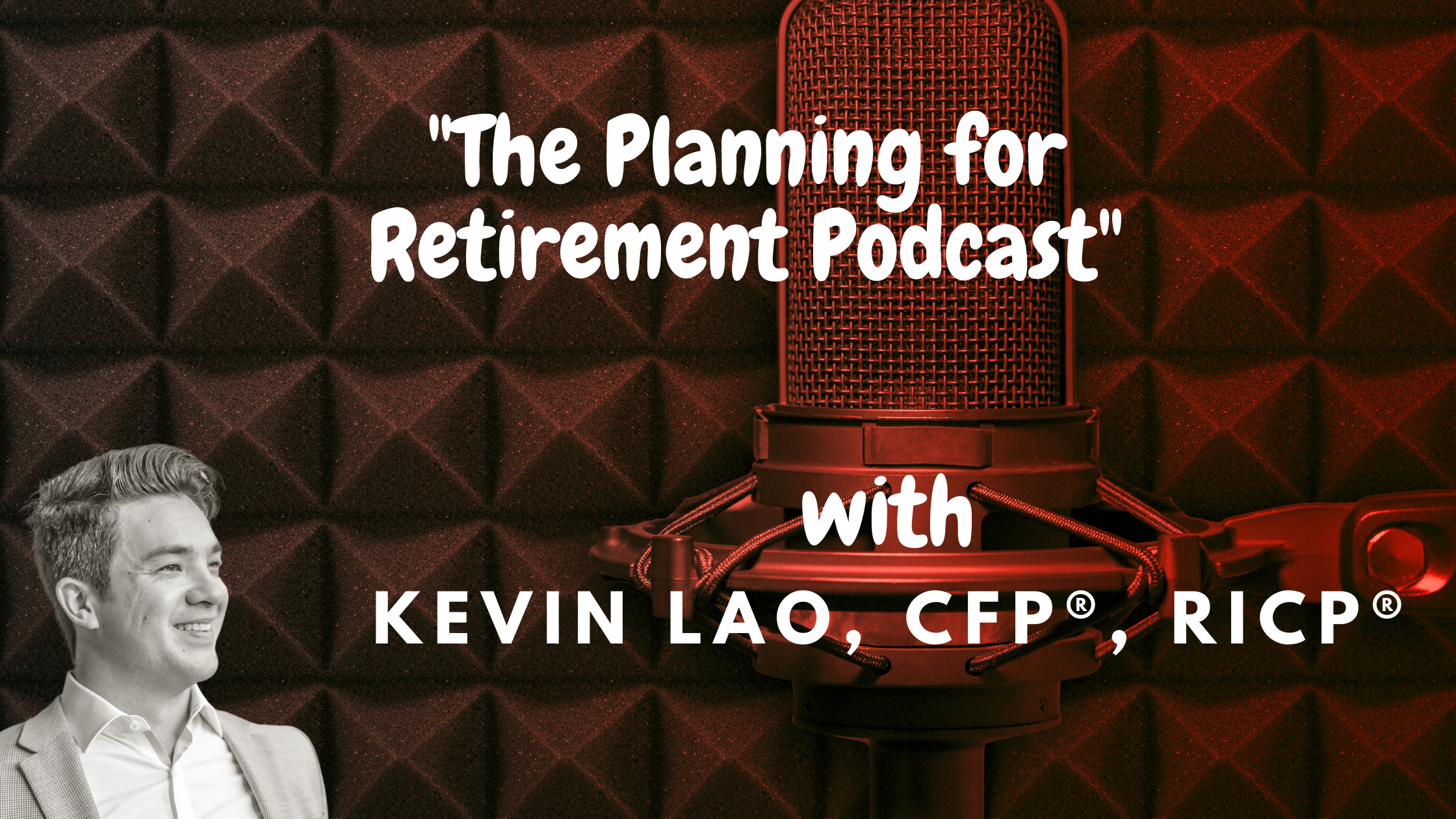Ep. 79: 9 Reasons to Delay Social Security
I hear a lot of financial advice out there to take Social Security as early as possible. But what if I told you that for many high-net-worth retirees, claiming early could cost you several hundreds of thousands of dollars of lost income and even furthermore negatively impact your investment portfolios over time.
Episode 68, 9 Reasons to Claim Social Security Early. Make sure to check that one out as well. In this episode, we’ll look at the other side of the coin on why you might want to DELAY Social Security. I hope it helps!
***Important edit***
I mentioned a reduction in your “Primary Insurance Amount” when you claim benefits before Full Retirement Age. However, I meant to say there is a 30% reduction @ 62 for those who were born in 1960 or later…NOT a 35% reduction! The 35% reduction applies to a “Spousal Benefit” when claiming @ 62.
Thank you, Roberto, for catching this! I will attach a link to the IRS website which has a helpful chart showing the impacts on claiming early below.
https://www.ssa.gov/benefits/retirement/planner/agereduction.html
-Kevin
Are you interested in working with me 1 on 1?
Click this link to fill out our Retirement Readiness Questionnaire
Connect with me here:
- Facebook
Or, visit my website
This is for general education purposes only and should not be considered as tax, legal or investment advice.


